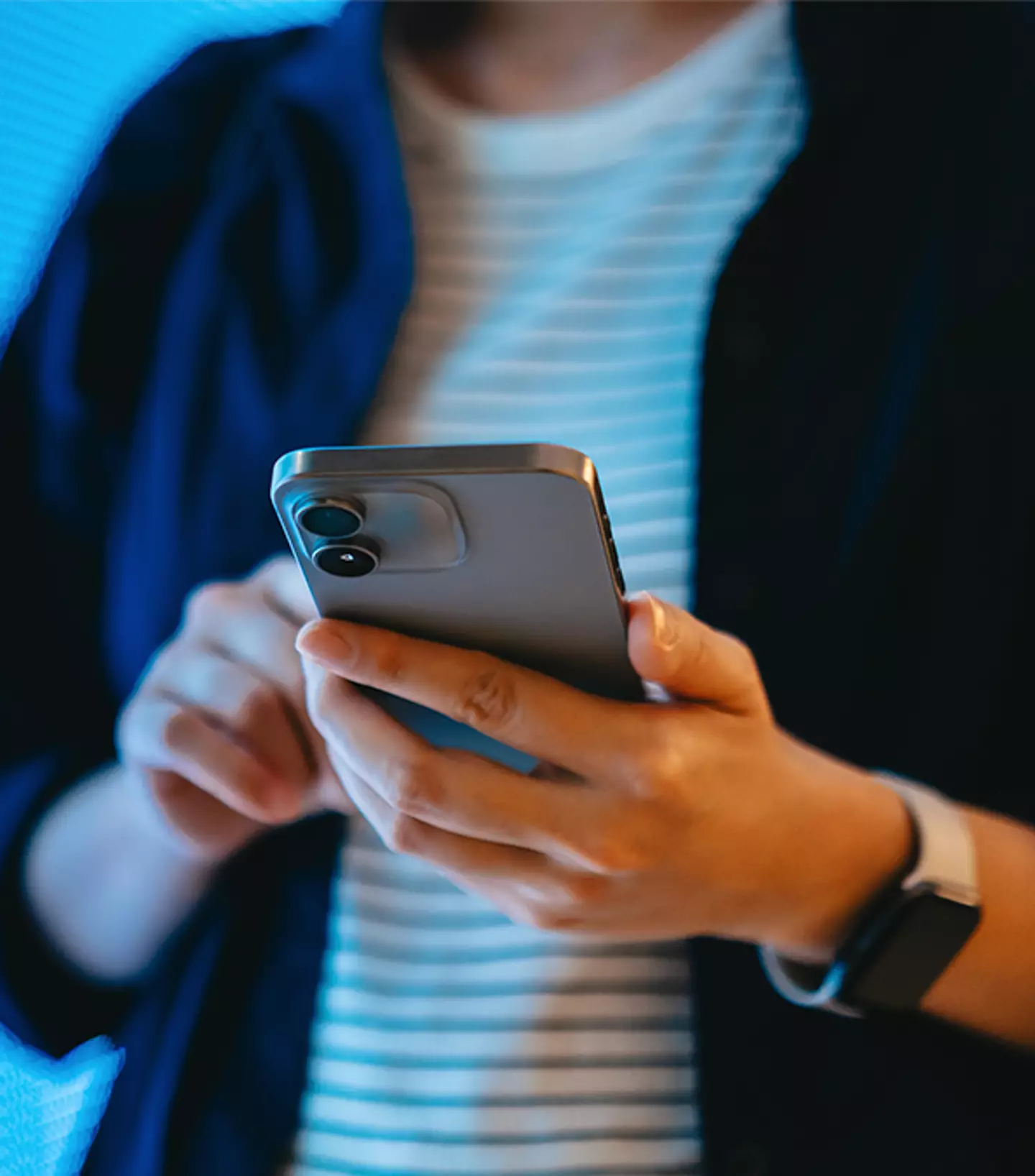
Bluetooth, Wi-Fi and 5G are so commonly used in our techy world today that we don't tend to stop and think about what they actually mean or stand for.
One term that often gets overlooked is the 'G' in 5G, 4G, and 3G.
Many people use these labels without knowing what the 'G' actually stands for despite us all knowing about the concept for all the years we've had access to our iPhones and Android phones.
This is where internet forums like Reddit come in handy as random facts are dropped and shared among curious minds.
Advert

Well, you might be glad to know the answer isn't some tech jargon that means nothing to us standard folk, the 'G' actually just stands for 'Generation.' It acts as a marker of the network's evolution so to speak.
So, 5G means 'fifth-generation,' 4G means 'fourth-generation' and so on.
This naming system just helps people understand whether they’re using the latest network with the fastest speeds and highest capacities.
Advert
To dive a bit deeper, it’s worth knowing that within each generation of technology like 5G, there are various types of tech - which is why you might experience different speeds depending on where you are.
While 5G has the potential to be up to 100 times faster than 4G, in reality, you often won’t see such a dramatic difference between the two.
In fact, it was the introduction of 3G that marked the first time people really began to notice the different network generations, as it went on to become a key selling point for network providers.

Advert
It was a major advancement from 1G and 2G which only saw the ability to use phones away from the home with limited messaging capabilities.
Fast forward to today and having top-notch 5G coverage and high speeds is becoming standard among the latest tech products.
It started getting deployed worldwide by cellular phone companies back in 2019 and now reaches peak data rates of up to 20 gigabits per second (Gbps).
But there's always more to learn about the technology we use daily, just so you know what to look out for, and of course, understanding it now might help you be prepared for the future roll-out of 6G, whenever that may be.